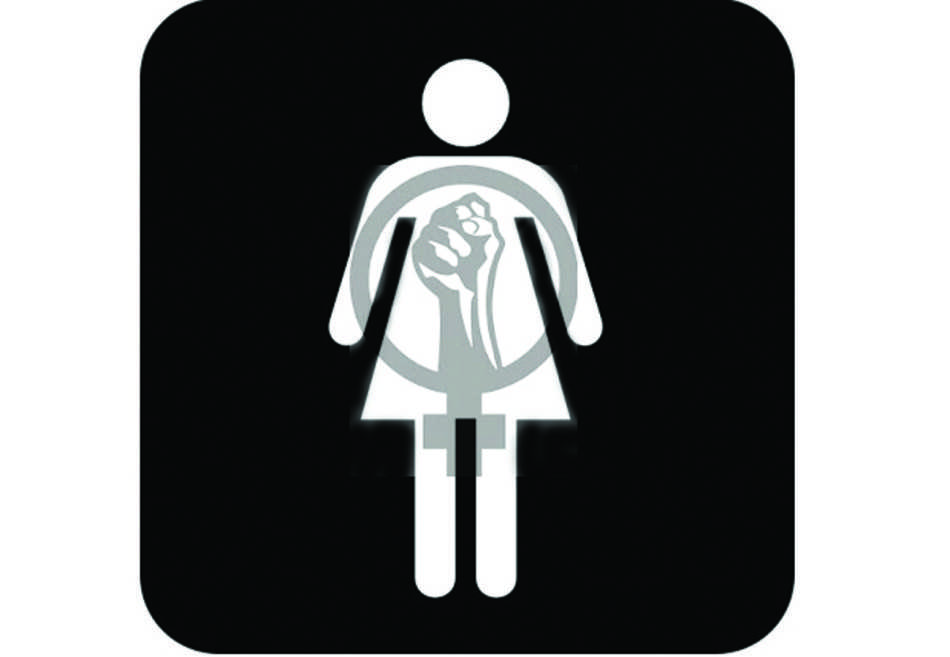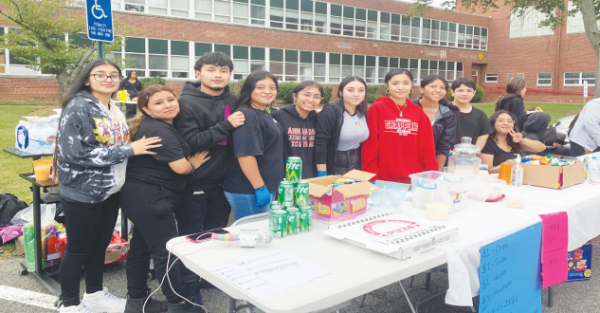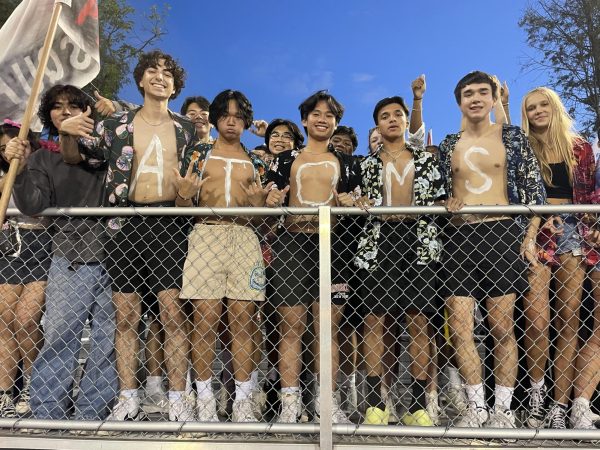Five Myths about Feminists
In conjuction with the March 8 International Women’s day, senior feminist Katherine Ross debunks the myths about feminists.
1. All feminists hate men.
It’s totally not true. We don’t hate men. What we fight against is the patriarchy, which is the institutionalized system that prefers men over women.
I read a statistic once that a man with a master’s [degree] makes only $4,000 less than a woman with a doctorate, which is much more education, and more money, and you would think that even though they’re separated by gender, a doctorate [degree holder] would make more money, but that’s actually not the case.
So things like that are what we’re trying to work against. Men, themselves, no.
2. All feminists are lesbians.
It goes along with the whole hating men thing. That answer is the same. No, we’re not all lesbians.
It’s used to demean us, because being gay is still seen in society as being bad or being lesser, as well as being female is being seen as lesser.
So, it’s diminutive and it sort of lessens what people hear. [They think] “Oh, you’re a man-hating lesbian, and I don’t have to listen to anything you say because what you’re saying is ridiculous, what you’re saying is too angry,” kind of thing.
You can’t equate feminism with the being gay.
There are lesbians who are feminist, but there are also straight women who are feminists, there are bisexual women who are feminists. There are even gay, straight and bisexual men who are feminists. So, firstly, being called a lesbian isn’t an insult and second, we’re not all lesbians.
3. Feminists hate women who perform traditional child-raising roles.
That’s definitely not true because feminism is about equality, and it’s about freedom of choice. If you want to be a doctor and get paid as much as a man, or if you want to be a congresswoman, that is okay.
But it’s also okay to want to be a mother and take care of your kids. What we fight for is the choice, and that’s the most important. My mother, for one, is where I get a lot of my inspiration for being a feminist. and she had children.
Some feminists choose not to have children and that’s their own choice.
They shouldn’t be ridiculed for it. That goes back to this idea of patriarchy, you now where women are ‘of the home’.
But there are feminists who choose to have children because it’s something that they want. They want to pass on what they know to another child, be it male or female, and so it’s really honestly up to them.
It’s not demeaning to be a woman, so that’s the sort of idea that we’re fighting against. Women are just as strong as men, even though they don’t exhibit their strength in the same way.
4. Feminists are very masculine.
That’s not true. I’m using myself as an example, and though I am not stereotypically feminine all the time (which, again, is another problem) all of the time.
But I like to put on makeup, and I like to dress up on special occasions, and that has nothing to do with my being a feminist.
Femininity is something that can be accepted in everyone, and is the choice in whether or not you want to be more traditionally feminine or more traditionally masculine.
Femininity is not bad, and I think that’s where a lot of these myths come from. This idea that feminists are trying to be men.
Just because we’re trying to be equal with men doesn’t mean that we want to be men.We want to express ourselves in a way that is unique to women everywhere. No matter if a woman is a tomboy or stereotypically feminine or that kind of thing.
5. Women who are feminists must have had bad experiences with a male.
Definitely not true. This ties in with the myth that all feminists hate men. I personally have never had a terrible experience with men and many of my friends who are feminists are the same way.
Granted there are feminists who have had bad experiences with men but the above myth is a generalization used to diminish what the person says and deflects the issue being addresses to something that doesn’t make the listener uncomfortable.
Feminism, at its core, is not about hating men or punishing them in any way; it’s about equality between men and women.
Equality doesn’t hurt men in any way, and a lot of the aforementioned myths and insults are used to deflect the conversation because the listener is uncomfortable with what is being said.

This is Christine Tamir's fourth year on the staff of The A-Blast. She is one of the two Editorials editorials for this school year. Besides the newspaper,...
















